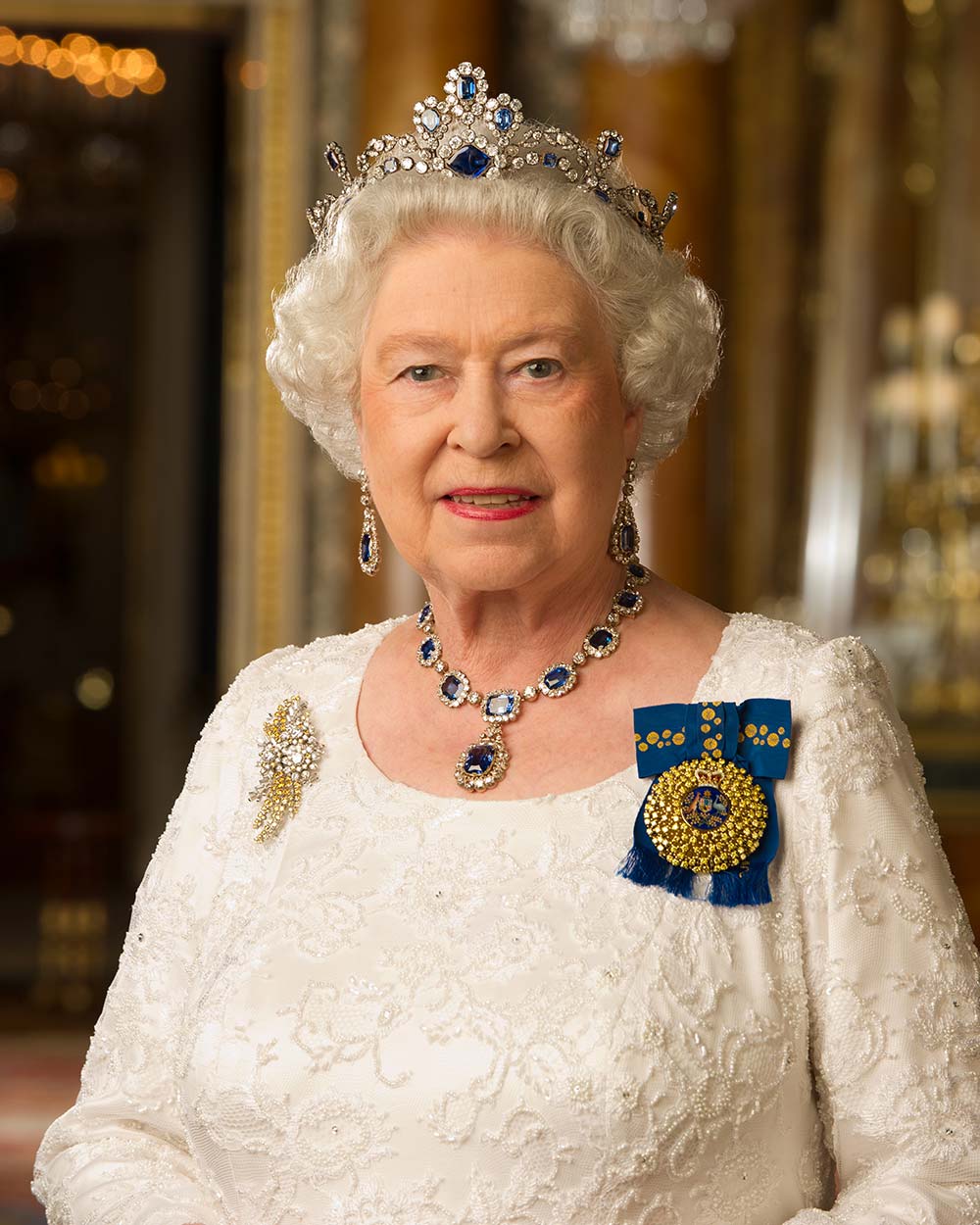London, (Parliament Politics Magazine)- So many tributes, so much grief and mourning – the stage of denial is over and now we all face the long process of committing our late Queen to memory. This morning I thought for the first time, five days since her death, that I was getting used to her not being there – but now I’m not so sure.
What is perhaps strange is that we somehow know her more intimately in death than in life. The multitude of encounters the Queen had with her subjects each spell out a different side of her character – perceptive, kind, ever thoughtful. So many of these stories tell of her skill in ‘putting people at ease’. Feeding dog biscuits to a traumatised war doctor, sharing the washing up with the family after a barbecue, skilfully selling a racehorse she knew would not do too well.
What is amazing about the last 70 years and more is that the Queen, besieged by the media, rarely allowed true privacy, somehow never betrayed her subtle combination of dignity, queenship, friendliness and interest in whatever was before her. This has to be remarkable – she never tripped, curtailed a handshake to catch a falling fur cape around her shoulders, dropped a bouquet or, most importantly, uttered undiplomatic thoughts – surely she must have had some? Some complained of her ‘blandness’ but what freedom did her status and head of the nation allow her in public? We had some carefully coded messages along the years, and these only served to underline the Queen’s genuine concern for the good of the nation.
We know that mending our relations with the Republic of Ireland was a deep, and long held, wish – which she very patiently pursued with stunning success. We know too, that the Queen was perturbed by any sign of an ‘uncaring’ government. The ‘annus horrible’ was impossible to gloss over and the nation shared with her the blows of that particular year.
But what of the monarchy itself? Some have suggested that following her death the institution of the monarchy will be weakened. I think not, but it will be different. The Monarchy, rather like Parliament, has changed immeasurably while looking much the same. There have been countless incremental changes over the decades – all directed towards increasing communication between the Monarch and the people while maintaining that ‘mystique’ of which Bagehot spoke so perceptively. Did we all know just how many people had actually been entertained by the queen or how many events of an informal kind she attended. It seems that almost everyone has met the queen and each has his or her own memorable story. Garden parties, formal and informal lunches and dinners, audiences, teatime visits and this quite apart from all the official ceremonies, openings, launchings, visits, speeches- her smile ready and always genuine.
All this said, the constitutional power of the monarchy is severely limited and although the Queen, and now King Charles, was obliged to give formal approval of many decisions of state – the power of the executive has grown almost in proportion to the popularisation of the monarchy. The monarch can no longer it appears exert control over the executive by means of advising, encouraging and warning. The dissolution of Parliament in 2019 called for by Boris Johnson and ratified by the Queen was, in fact, unconstitutional and was later revoked by the courts. So, we have an uneasy compromise between a constitutional monarch with considerable influence and a powerful executive which is not obliged, even by convention, to take any advice offered.
This might call for a reduction in the constitutional power of the monarch towards a more purely ceremonial head of state or, on the other hand, towards a more presidential system. Perhaps the examples of the monarchical arrangements in the Nordic countries and the Netherlands offer some solutions? It is likely that this issue – the role of the monarch – will be raised in the next few years and it requires much public debate and discussion.
Whatever the outcome of such a prolonged debate, the Elizabethan Age, has held us all together, created immense wealth for the UK in terms of loyalty, trade, tourism and all the advantages of soft power. Above all we should all be humbled by the sheer strength and continuity that our late Queen provided through every minute of her reign.
Rt Hon Baroness D’Souza CMG
Lord Speaker 2011-16

